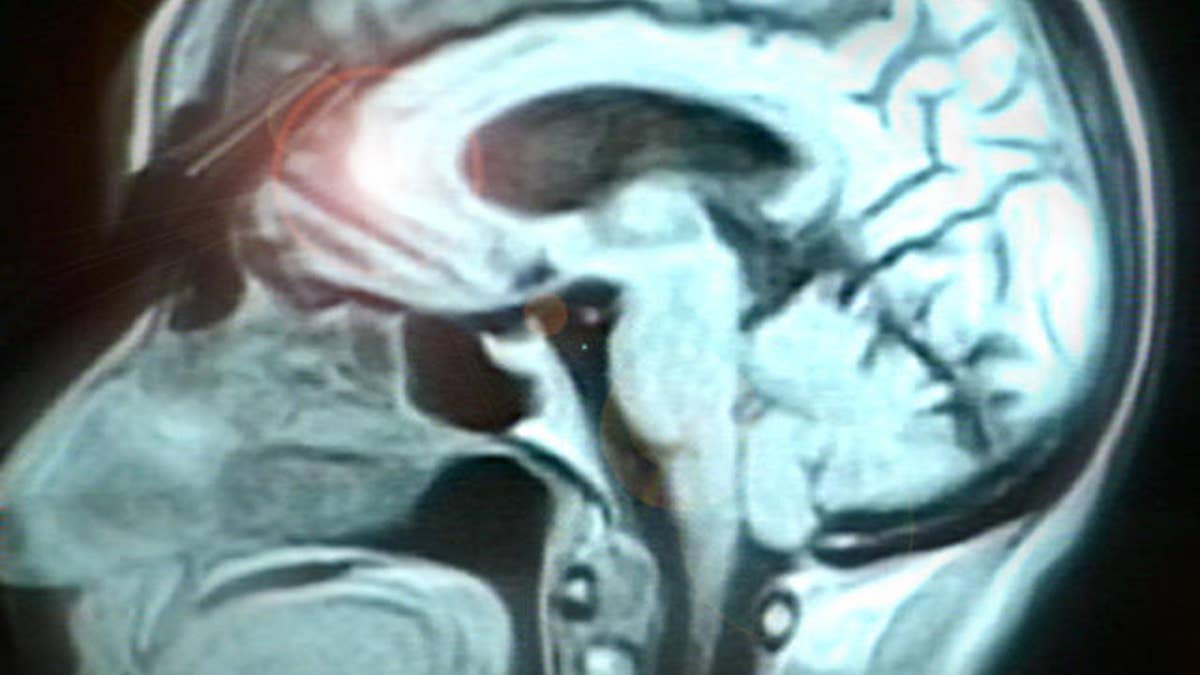
(AP)
Women who survive breast cancer may be at increased risk for neurological problems, particularly if they have been treated with chemotherapy, a new study suggests.
Breast cancer survivors showed decreased activation in parts of the brain involved in "higher thinking," such as memory and problem solving, compared with healthy women, functional magnetic resonance imaging (fMRI) scans showed. This decrease was found regardless of what treatments for breast cancer the women had received.
However, those who had been treated with chemotherapy fared even worse than those who had received other types of treatment.
Chemotherapy patients had decreased activation in a brain region involved in switching attention. In addition, these patients took longer to perform cognitive tests, and made more errors.
The study, along with past research provides evidence that breast cancer "may cause measurable brain injury," the researchers wrote, in the November issue of the journal Archives of Neurology. Women treated with chemotherapy may have additional deficits, they said.
The study included 25 women with breast cancer who received chemotherapy, 19 women with breast cancer who did not receive chemotherapy, and 18 healthy women.
Previous studies suggested chemotherapy may kill brain cells and reduce cell growth. The new study points to a specific brain area, called the left caudal lateral prefrontal region, which may be particularly vulnerable to chemotherapy, the researchers said.
Other factors, such as changes in hormone levels and use of the drug tamoxifen, may also impair cognitive function, according to the study.
It's important to note that changes in brain activation do not necessarily translate into impaired function in people's everyday lives, the researchers said. Only study participants who had been treated with chemotherapy actually performed worse on cognitive tests. However, additional tests may be needed to determine to what extent breast cancer affects cognitive performance, the researchers say.
The study was conducted by researchers at Stanford University School of Medicine and was supported by the National Institutes of Health.
* 10 Do’s and Don’ts to Reduce Your Risk of Cancer
* 7 Cancers You Can Ward Off with Exercise
* Prolonged Sitting Linked to Breast and Colon Cancers
